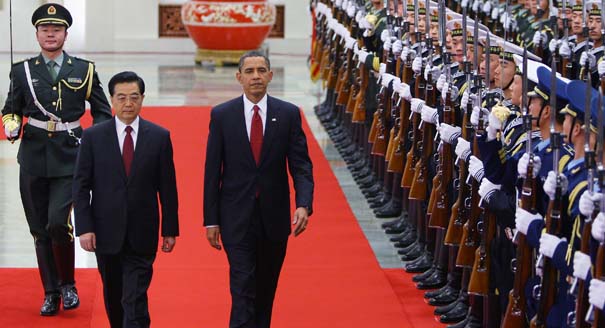While the United States and China—the world’s two largest economies—are becoming increasingly interdependent, there is a growing risk of misunderstanding or even clashes. In a new paper, Taiya Smith says the two powers need a dialogue to provide strategic vision to their relationship.
Smith, who led the U.S.-China Strategic Economic Dialogue for Treasury Secretary Paulson, draws on examples from her experience to analyze the recent history of strategic dialogues and recommends steps for Washington and Beijing to take to improve the broader bilateral relationship.
Recommendations for policy makers to effectively benefit from the dialogue:
- Understand the purpose of strategic talks: The strategic relationship should not be overshadowed by today’s news and short-term bilateral issues.
- Ensure effective communication: Strong personal relationships between the leaders of the dialogue and their representatives are critical for building trust.
- Leverage the wider benefits: Discussions and enhanced ties should create new ways to fix key problems outside bureaucratic norms.
“What the U.S.-China relationship needs is a truly strategic discussion to steer a critically important, yet increasingly complex, bilateral relationship while still managing the time-sensitive issues of the day,” writes Smith.





